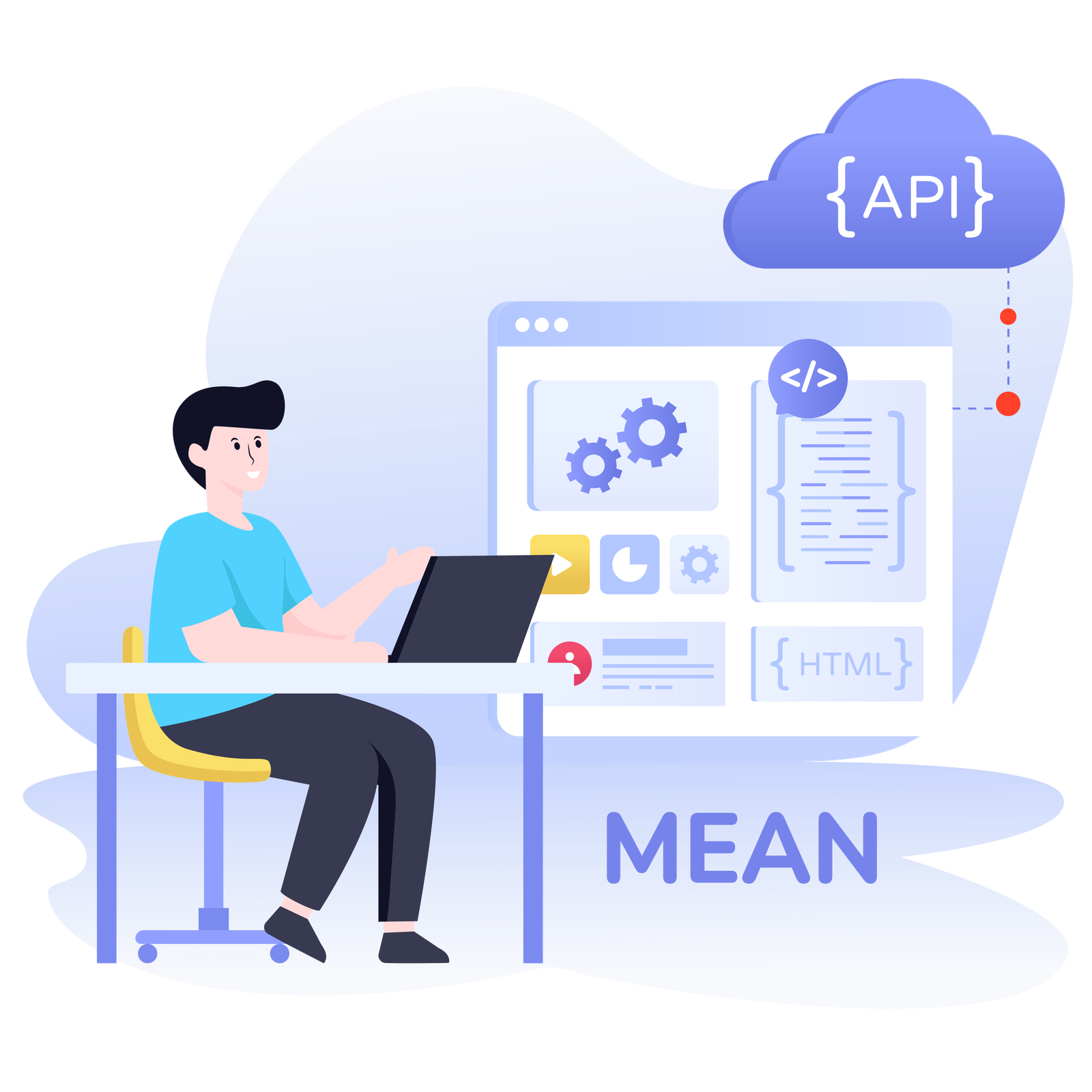
MEAN Stack Course Training
Our MEAN Stack Course offers comprehensive training in MongoDB, Express.js, AngularJS, and Node.js—a powerful combination for building dynamic web applications.
Designed for both beginners and experienced developers, this course covers all the key concepts, tools, and real-time practices needed to become proficient in MEAN Stack development.
Beyond technical training, we offer dedicated placement assistance to help you land rewarding job opportunities and kickstart a successful career in the tech industry.
MEAN Stack Development is one of the most promising career paths in today’s tech landscape, offering unlimited growth and advancement opportunities.
With its powerful technology stack—MongoDB, Express.js, AngularJS, and Node.js—MEAN Stack is known for performance, scalability, and security, making it a top choice for modern web development.
A career in MEAN Stack development is not only in high demand but also rewarding. The average salary for a MEAN Stack Developer in India is ₹5.3 Lakhs per year (approx. ₹44.5K/month), based on recent industry data.